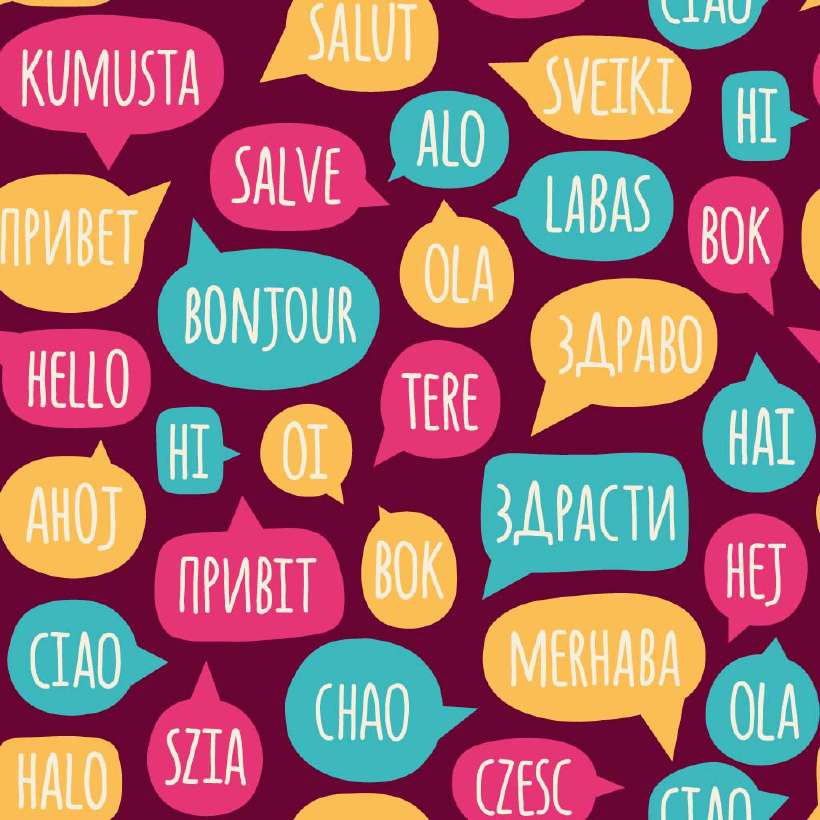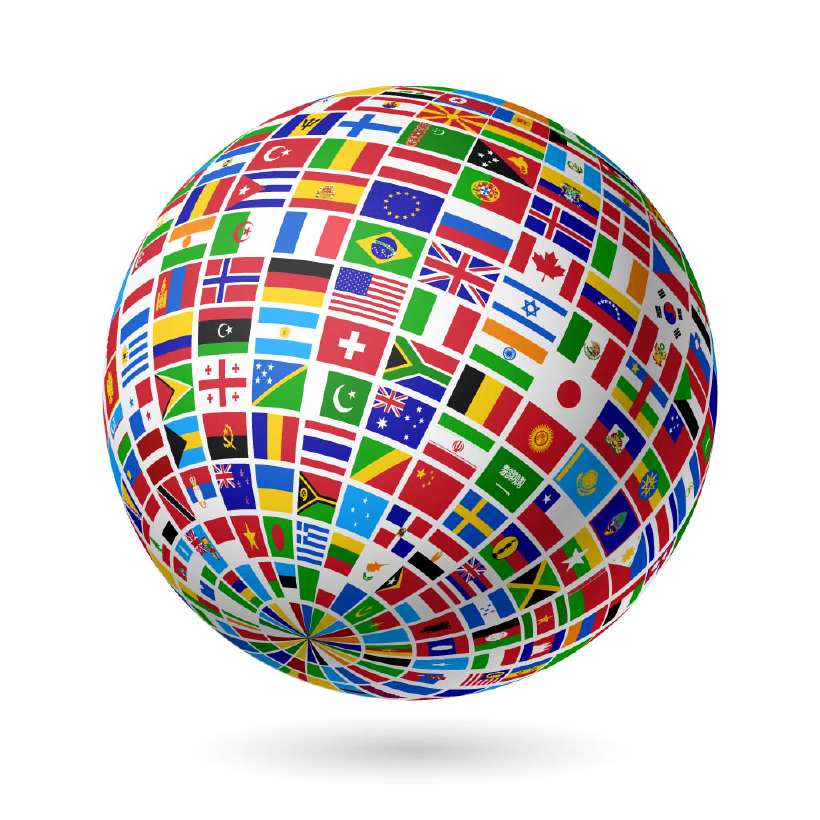Esperanto is an artificial international language created by Dr Ludovic Lazarus Zamenof between 1877-85. Zamenhof, who grew up in Warsaw, Poland, was convinced that a common language would be necessary to resolve many problems as language barriers helped to aggravate problems between nations.
Zamenhof realised that none of the major European languages, French, German, English, Spanish, Italian and Russian could be made universal as they were all difficult languages to learn. The difficulty in mastering grammar would put native speakers at an advantage with respect to those who did not speak them fluently.

He set to work, convinced that a universal international language easily learned and spoken by everyone, was the solution to such problems.
In 1887, he published his first book Lingvo Internacia in Russian under a pseudonym (false name) Esperanto. This word Esperanto, in Esperanto meant ‘a person who is hoping’. Against all odds, the book became a bestseller and it was translated into English as Dr Esperanto’s International Language.
Esperanto is a planned language. A planned language is a modern language developed by merging existing scripts or by coining new words and phrases from existing languages. While there are other planned languages like Bahasa Indonesia, the most well-known have been Volapuk, Esperanto and Ido.

Esperanto is the easiest language to learn taking only one-fifth the time needed to learn any other language!
In 1908, the language was adopted for use by the Universala Esperants-Asocio, established at Rotterdam. The University has members in 85 countries, and national and international associations are affiliated to it.
Esperanto is a phonetic language with no irregularities in grammar. The roots of words have been taken from a number of national languages.
In 1954, the United Nations Educational, Scientific and Cultural Organsiation (UNESCO) recognised the fact that Esperanto was developed to help improve relationships between various countries, people and culture and unite them globally.
Today, Esperanto is spoken by over 10 million people and there are some people who use it as their mother tongue. In certain houses Esperanto is the only common language between parents as they come from different countries and spoke different languages!
393 words |
3 minutes
Readability:
Grade 11 (16-17 year old children)
Based on Flesch–Kincaid readability scores
Filed under: 5ws and h
Tags: #nations, #russians, #spanish, #german, #european
You may also be interested in these:
The Bittersweet Story of Chocolate
Creating News to Cover News
Polite Police
Swimming in Trouble
From Russia with Love : Rudolf Nureyev